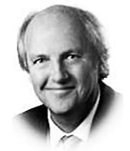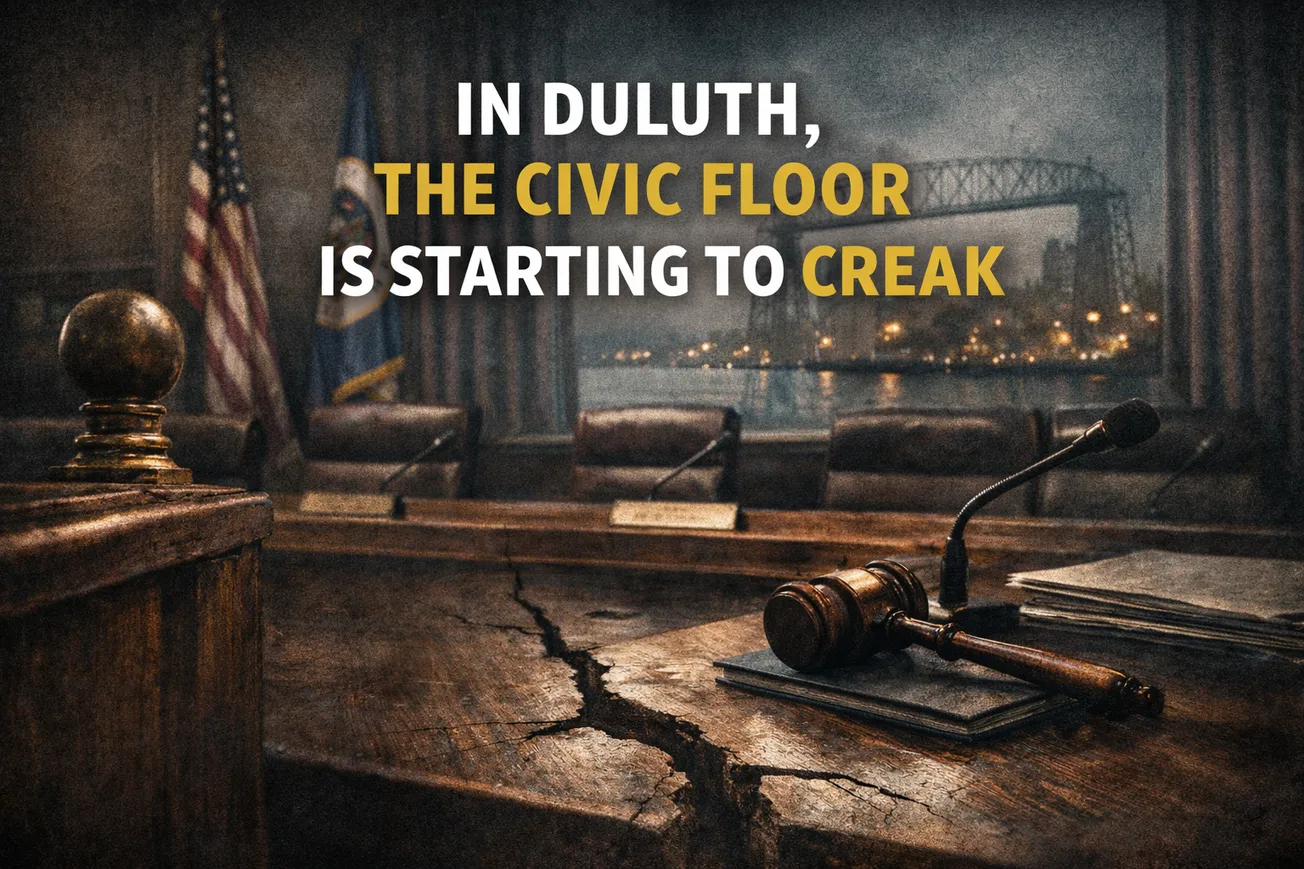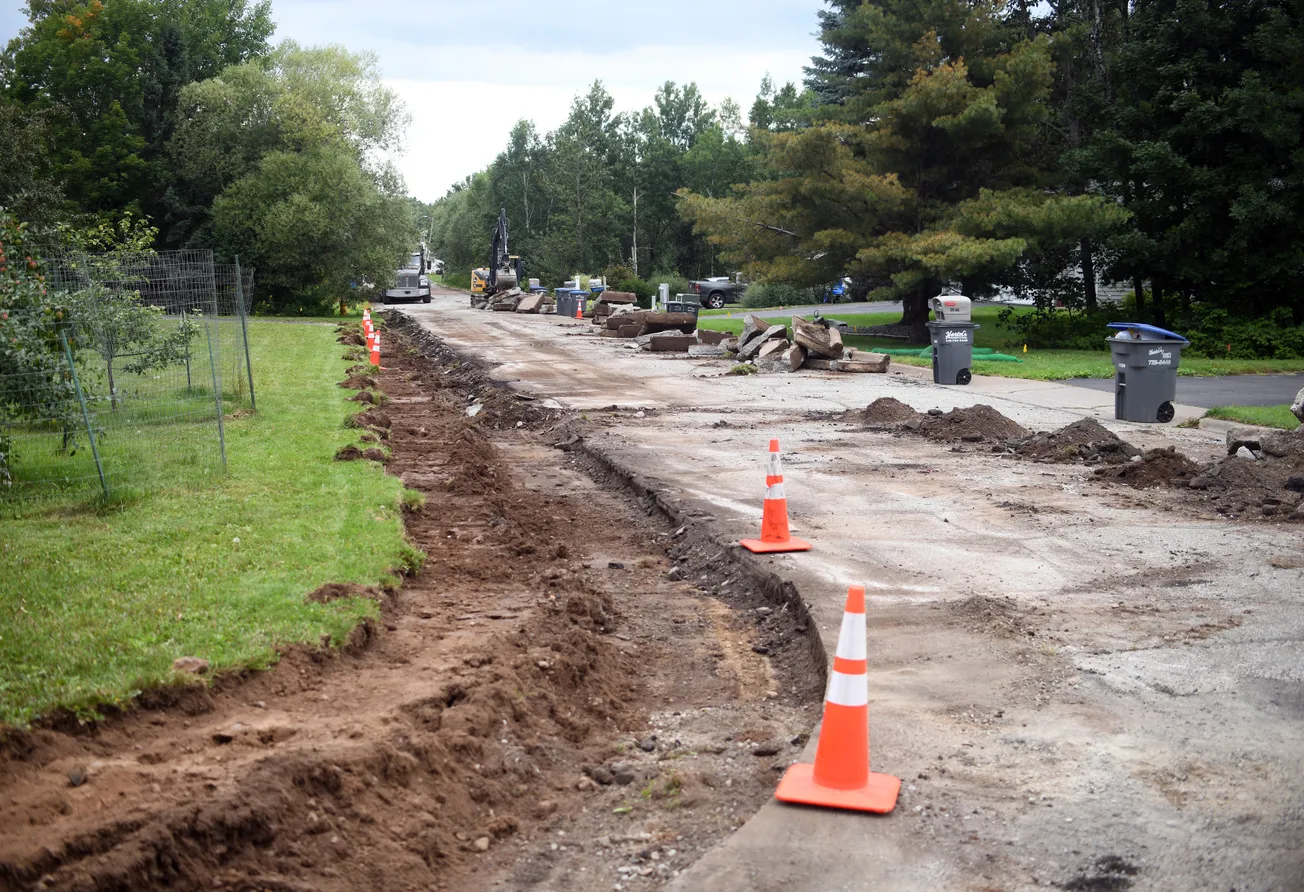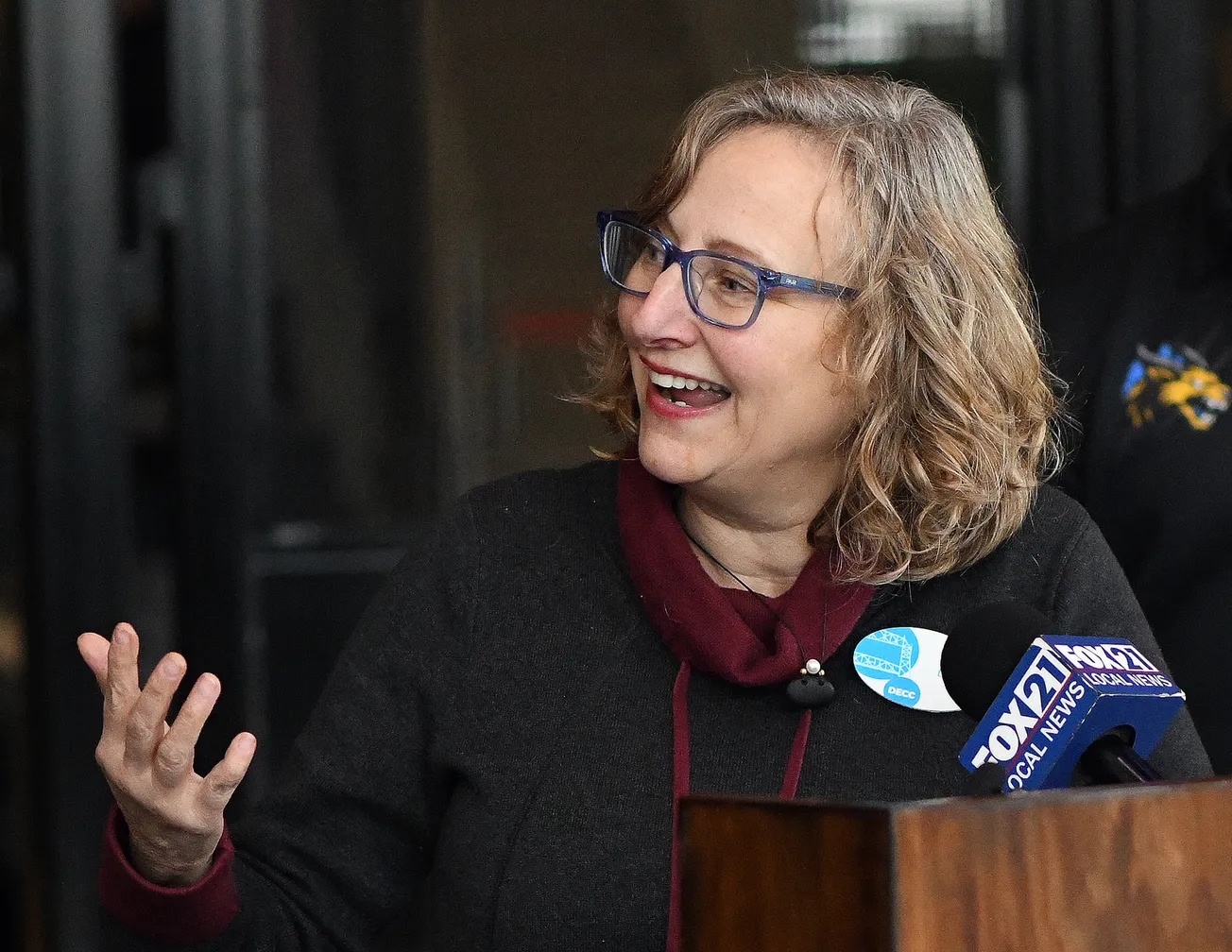
Howie's column is powered by Lyric Kitchen · Bar | eMail Howie
Duluth’s an entire cottage industry built around pretending everything’s fine. Maybe even great.
You’ve seen them — the city’s professional cheerleaders, the gatekeepers, the ribbon cutters. The smiling faces with clipboards and matching lanyards who’ve turned “momentum” into a lifestyle.
And somehow, they coax a few television reporters every few weeks into turning that nothing into news.
It’s clockwork. A press conference in an echoing civic building, banners with motivational slogans, the same faces congratulating themselves for “moving Duluth forward.” Cameras roll. Quotes sparkle. B-roll glistens. Everyone pats themselves on the back as though another feasibility study just changed the world.
Outside those walls, though, the applause dies fast. Because out here, people are working two jobs, counting Social Security dollars, and wondering how groceries got so expensive.
The entire routine is an amateur masterclass in self-promotion masquerading as progress. It’s like a high-school pep rally run by adults who never learned the difference between enthusiasm and achievement.
Every announcement sounds like a campaign slogan: Duluth is thriving! Duluth is growing! Duluth is vibrant!
Sure it is — if you draw a paycheck from one of the institutions repeating that line. “Vibrant” means the blinking “Open” sign still works for everyone else.
The gatekeepers love their story. They polish it into scripture: the comeback city, the economic renaissance, the innovative spirit. They repeat it until even they start to believe it.
When your livelihood depends on selling a narrative, you can’t afford to admit the narrative’s wrong. So you don’t. You double down. You hold another press conference.
Enter the media. Good kids, most of them. Fresh faces, shiny shoes, still paying off student loans. They don’t know Duluth yet, not really — but they know how to look engaged on camera.
They show up, mic in hand, and nod while the talking points flow. They ask the same two safe questions because they learned in orientation that anything tougher dies in the editing booth. The station’s main focus is ad revenue, not accountability.
The product isn’t journalism. It’s community relations with graphics.
It's a gray Tuesday morning. Folding chairs in a sterile conference room. The podium bears a logo; the coffee’s from a box. A half-dozen officials line up behind the microphone like actors waiting for their cue.
Spokesperson: “We’re excited to announce a bold new chapter in Duluth’s economic future.”
Camera lights flare. The reporters nod.
Spokesperson: “This initiative reflects our ongoing commitment to strategic innovation and collaborative opportunity.”
A young reporter clears her throat. “How many jobs will it create?”
Spokesperson: “We’re still finalizing projections.”
“Timeline?”
Spokesperson: “Soon. Very soon.”
A few chuckles ripple through the room, the polite kind that signal everyone knows not to push.
Spokesperson: “We’ve secured major regional partnerships, and we’re optimistic about long-term outcomes.”
Another rookie television reporter asks, “Who’s funding it?”
Spokesperson: “That’s being evaluated as part of the stakeholder engagement process.”
Nobody blinks. The pens stop moving.
Spokesperson: “Any other questions?”
Silence. Cameras hold.
Finally, a hand lifts from the back. “Will this address the housing shortage or small-business closures downtown?”
A pause.
Spokesperson: “This initiative demonstrates our commitment to holistic growth.”
The microphones catch it. The phrase lands with a thud.
Spokesperson: “Thank you, everyone. We’ll have printed packets available by the door.”
The room breaks into polite applause — not for the announcement, but for the relief of being done. Reporters file out, checking their phones. Outside, the wind off the lake howls.
Within an hour, the segment airs: “City officials today unveiled a new initiative aimed at boosting Duluth’s economy…”
No questions, no skepticism, just the script.
That’s the reality of local TV and radio now — advertising platforms wearing the costume of journalism. When the same entities you’re supposed to cover are also paying for commercial spots, independence becomes optional.
So the hard questions disappear. The coverage gets safer. Every story has a sponsor, every anchor has a smile, and every tough issue fades into “developing details.”
It’s civic theater, and everyone knows their lines. The officials announce. The media nod. The television anchors beam. The advertisers clap. And the citizens — the actual audience — sit at home wondering if they’ve accidentally tuned into satire.
Talk to people on the street. Not the ones with nameplates or meeting stipends — the ones bagging groceries, fixing cars, teaching kids. They’ll tell you what Duluth really feels like: expensive, tired, and starved for honesty.
They’re proud of their town. They love it fiercely. But they’re tired of being told it’s “booming” while the bills pile up.
There’s a canyon between the cheerleader version of Duluth and the lived version, and every self-congratulatory press event makes that canyon wider.
What’s worse than dishonesty? Incompetence. The spin machine doesn’t even spin well. The same recycled lines, the same buzzwords, the same forced optimism — like a junior-high presentation about “What I Did on My Summer Vacation.”
It’s astonishing how much time this city spends talking about talking instead of doing. If words built roads, Duluth would have freeways paved in platinum.
Instead, we’ve got slogans.
There used to be watchdogs. Reporters who dug into records, editors who shredded weak copy, columnists who didn’t care who got mad. They made public officials sweat, and they loved it.
Now the watchdogs are gone. The budget’s gone. The courage is gone. The only digging done anymore is for photo-ops with shovels.
Local radio barely carries news at all. TV offers sound bites with drone footage. And print? Half the time it’s a press release wearing a byline.
Here’s the irony: all that effort, all that spin, and nobody’s convinced. The average Duluthian watches these segments like you’d watch a rerun you’ve already memorized — mildly amused, completely detached.
“New revitalization plan,” the anchor says, and the living room laughs. “Didn’t they announce that one last year?”
Even the boosters know the trick’s old. They just can’t stop playing the song.
The real Duluth isn’t found in press packets or “strategic frameworks.” It’s found in the night-shift nurse grabbing coffee at 3 a.m., in the small-shop owner fighting through another slow February, in the senior who skips dinner because the heating bill doubled.
Those people aren’t bitter — they’re honest. They’re not against progress — they’re against phoniness.
They don’t need another task force. They need results.
The cruel joke is that the loudest voices for “growth” are often the ones who’ve never risked a dime of their own money. Their wealth comes from grants, not grit. Their optimism is salaried.
Meanwhile, the people actually keeping Duluth alive — the workers, the fixers, the entrepreneurs — are left to fend for themselves while the professional optimists issue another glossy report.
It’s a loop. A laughable, low-budget loop.
Maybe someday the local media will rediscover its spine. Maybe they’ll realize that asking real questions is the only way to serve a community, not scare advertisers. Maybe the gatekeepers will understand that credibility isn’t built on press releases but on proof.
Until then, Duluth will keep producing “good news” instead of real news, and the rest of us will keep tuning out.
Because we’re not fooled. Not by the banners, not by the buzzwords, not by the smiling anchors who tell us we’re thriving while the paycheck says otherwise.
The cheerleaders will keep cheering. The cameras will keep rolling. The gatekeepers will keep talking.
And the rest of us — the ones actually living here — will keep shaking our heads, sipping our coffee, and waiting for the day somebody finally points a microphone in the right direction.
Because Duluth doesn’t need more noise.
It needs truth — even if it’s uncomfortable.
Howie Hanson writes from Duluth, where he’s been poking the city’s sacred cows since before half the current council learned to parallel park. He runs HowieHanson.com, a one-man newsroom powered by caffeine, sarcasm, and an allergy to PR spin. Part reporter, part historian, part irritant, he still believes in telling the truth—even when it makes the room uncomfortable.





